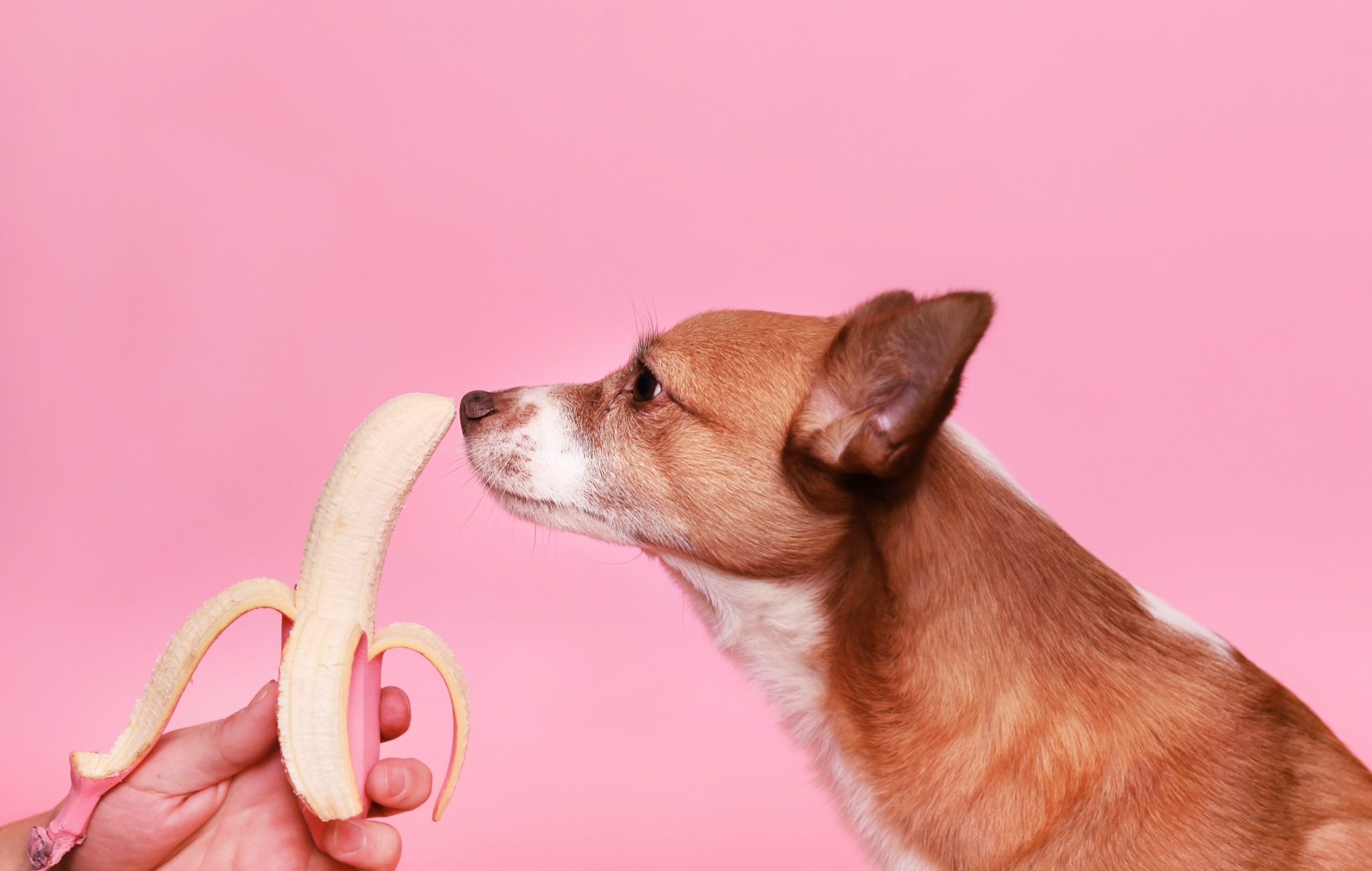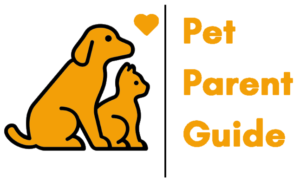
Choosing the right food for your pet is crucial for their health and well-being. Whether you have a Golden Retriever, a Poodle, or a Bulldog, their nutritional needs vary. Feeding your dog the proper diet supports its growth, energy levels, and overall vitality.
When selecting dog food, consider their age, size, activity level, and any specific dietary requirements. Puppies require food that supports their development, while senior dogs may benefit from formulas tailored to joint health. Large breed dogs have different nutritional needs compared to small breeds.
Look for high-quality dog food with balanced ingredients, essential nutrients, and no artificial additives. Consider consulting your veterinarian to determine the best diet for your dog’s specific needs. Remember, providing your pet with the right food sets the foundation for a healthy and happy life together.
Importance of selecting the right food for your pet
Choosing the right food for your pet is crucial for their health and happiness. Here are ten pointers highlighting the importance of making the best dietary choices for your beloved furry friend:
- Individual Needs: Just like Labrador Retrievers and Chihuahuas have different traits, their nutritional needs vary too. Choose food that meets your dog’s specific requirements.
- Age Matters: Puppies like Beagles need food that supports their growth and development, while senior dogs like Dachshunds may benefit from formulas that cater to their changing needs.
- Energy and Activity Levels: Active breeds like Border Collies need more calories to fuel their energy, whereas laid-back breeds like Bulldogs may require a more controlled diet.
- Size Matters: Large breeds like Great Danes have unique nutritional requirements compared to small breeds like Yorkshire Terriers. Find the right formula for their size.
- Health Considerations: Certain breeds are prone to health issues. For example, Dalmatians may require food that helps prevent urinary stones.
- High-Quality Ingredients: Look for dog food with real meat, whole grains, and natural ingredients like those found in Merrick or Blue Buffalo.
- No Artificial Additives: Avoid dog food with artificial flavours, colours, and preservatives, as these can be harmful to your pet’s health.
- Balanced Nutrition: Ensure the food provides a balanced mix of proteins, fats, carbohydrates, vitamins, and minerals.
- Vet’s Advice: Consult your veterinarian to determine the best diet for your dog’s breed, age, and health conditions.
- Long-Term Health: Making the right food choices contributes to your dog’s longevity and overall well-being.
Curating the Best Diet for Your Pets
When it comes to curating the best diet for your pets, there are several key elements to consider. Whether you have a Boxer, a Shih Tzu, or a Husky, these twelve pointers will guide you in providing optimal nutrition:
- Quality Protein: Choose dog food with high-quality protein sources like chicken, beef, or fish to support muscle development, such as those found in Royal Canin or Hill’s Science Diet.
- Essential Fatty Acids: Look for omega-3 and omega-6 fatty acids, found in fish oil or flaxseed, which promote a healthy coat and skin for breeds like the Golden Retriever or the Poodle.
- Whole Grains and Fiber: Select foods with whole grains like brown rice or quinoa, as well as fibre-rich ingredients like sweet potatoes or pumpkin, for digestion and energy.
- Antioxidant-Rich Fruits and Vegetables: Incorporate fruits and vegetables such as blueberries, spinach, or carrots into your dog’s diet to provide antioxidants and essential vitamins.
- Breed-Specific Formulas: Some brands offer breed-specific formulas tailored to the unique needs of certain breeds, such as Royal Canin’s breed-specific nutrition.
- Life Stage Formulas: Opt for life stage formulas designed for puppies, adults, or seniors, ensuring your pet’s changing nutritional requirements are met.
- Limited Ingredient Diets: Consider limited ingredient diets for dogs with food sensitivities or allergies, like those offered by Natural Balance or Wellness.
- Grain-Free Options: Grain-free diets may be suitable for dogs with grain allergies or sensitivities but consult with your vet to ensure it is the right choice.
- Portion Control: Follow feeding guidelines and adjust portions based on your dog’s age, size, activity level, and metabolism to maintain a healthy weight.
- Hydration: Always provide fresh, clean water to keep your dog properly hydrated, especially during hot weather or physical activity.
- Regular Feeding Schedule: Establish a consistent feeding schedule to regulate digestion and prevent overeating, especially for breeds prone to obesity like the Labrador Retriever.
- Regular Vet Check-ups: Regularly visit your veterinarian to monitor your dog’s health, discuss dietary concerns, and ensure their nutritional needs are being met.
10 interesting diet ideas for your pets
It’s important to consult with your veterinarian to determine the best diet options for your pet’s individual needs, whether they are a Husky, a Poodle, or a Beagle. They can provide valuable guidance and ensure your pet’s dietary choices are appropriate and healthy.
Enjoy exploring these diet ideas and creating a well-rounded menu to keep your furry friend happy and satisfied!
- High-Protein Delight: Serve a mix of lean meats like chicken or turkey, along with some vegetables, for breeds like the Boxer or the German Shepherd.
- Fishy Feast: Incorporate fish such as salmon or sardines into your dog’s diet to provide omega-3 fatty acids, benefiting breeds like the Labrador Retriever or the Husky.
- Veggie Power: Offer a blend of steamed vegetables like carrots, broccoli, and green beans, which can be a great addition to any dog’s diet, including the Shih Tzu or the Bulldog.
- Homemade Stews: Prepare homemade stews with a combination of protein, whole grains, and vegetables for a delicious and nutritious meal for breeds like the Beagle or the Dachshund.
- Raw Food Diet: Consider a raw food diet with raw meats, bones, and vegetables, which can be a suitable choice for dogs with specific dietary needs.
- Freeze-Dried Treats: Add freeze-dried treats made from real meat or fruits to provide a flavourful and nutrient-rich snack for breeds like the Pomeranian or the Yorkshire Terrier.
- Grain-Free Goodness: Choose grain-free options that include alternative grains like quinoa or buckwheat for breeds with grain sensitivities, such as the Dalmatian or the Boxer.
- Allergy-Friendly Alternatives: Opt for specialized diets that cater to dogs with food allergies or sensitivities, ensuring breeds like the Shih Tzu or the Bulldog stay healthy and happy.
- Rotational Feeding: Rotate between different high-quality dog food brands and flavours to provide variety and prevent boredom for breeds like the Golden Retriever or the Poodle.
- Balanced Commercial Diets: Select high-quality commercial dog food brands that provide balanced nutrition for various breeds, ages, and specific needs.
Foods to avoid in your pet’s diet
Prioritize your pet’s health by providing a safe and appropriate diet, free from these hazardous items. It’s important to note that this strict no’s apply to most dog breeds, but individual sensitivities may vary.
If you suspect your dog has ingested any harmful substances, contact your veterinarian immediately for guidance and assistance.
- Chocolate Danger: Avoid feeding chocolate to breeds like the Labrador Retriever or the Poodle, as it contains theobromine, which can be toxic for dogs.
- Say No to Grapes: Grapes and raisins are a big no-no for breeds like the Dalmatian or the Bulldog, as they can lead to kidney failure.
- Steer Clear of Onions: Onions, whether raw or cooked, can cause damage to red blood cells in breeds like the Boxer or the Shih Tzu.
- Xylitol Hazard: Keep xylitol-containing products, like sugar-free gum or candy, away from breeds like the Dachshund or the Beagle, as it is toxic and can cause liver failure.
- No to Alcohol: Never give alcohol to any breed, whether it’s beer, wine, or spirits, as it can be extremely harmful and even life-threatening.
To Conclude
Curating the best diet for your pets, such as the Boxer, Shih Tzu, or Husky, is crucial for their overall health and happiness. By considering factors like protein, fatty acids, grains, fruits, and vegetables, you can provide a balanced and nutritious diet.
Additionally, it’s important to be aware of the strict no’s, such as chocolate, grapes, onions, xylitol, and alcohol, to keep your pets safe. Remember, consulting with your veterinarian and being mindful of your pet’s specific needs will help ensure they enjoy a long, healthy, and fulfilling life.
Frequently Asked Questions
Q1. Can I feed my dog table scraps or human food?
A1. It is generally not recommended to feed your dog table scraps or human food as it can lead to digestive issues and nutrient imbalances. Stick to a balanced and appropriate diet specifically formulated for dogs.
Q2. How do I transition my dog to a new diet?
A2. When transitioning your dog to a new diet, gradually introduce the new food over a period of 7-10 days, mixing it with their current food. This helps prevent stomach upset and allows their system to adjust gradually.
Q3. Are grain-free diets necessary for all dogs?
A3. Grain-free diets are not necessary for all dogs. While some dogs may have grain sensitivities or allergies, most dogs can digest grains without any issues. Consult with your vet to determine if a grain-free diet is necessary for your specific breed or health condition.
Q4. Can I give my dog treats, and how often?
A4. Treats can be given to dogs but in moderation. They should not exceed 10% of your dog’s daily caloric intake. Choose high-quality, dog-specific treats and consider healthier options like dental chews or natural treats to promote oral health and overall well-being.

